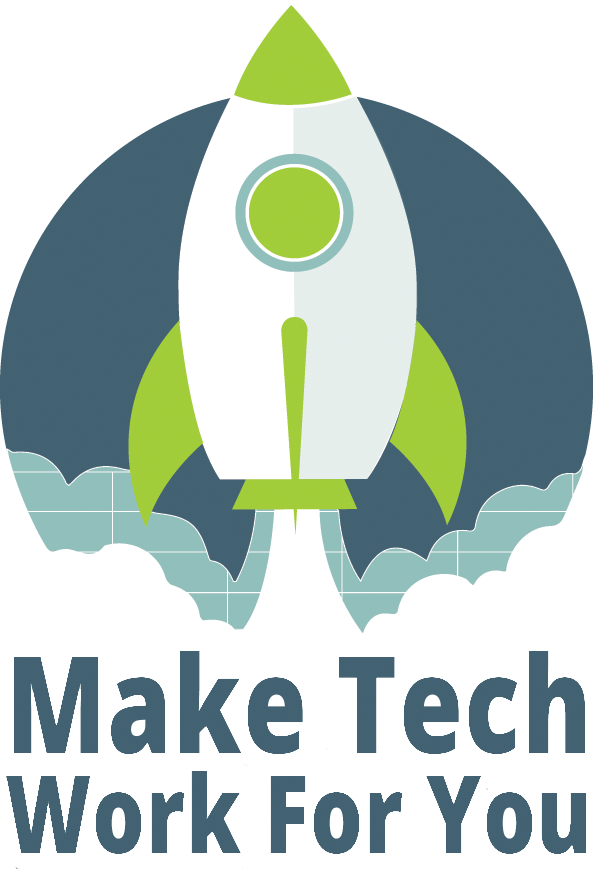Queer Theory and the Learning Stages Continuum
I found a place on the internet where Google is wrong. Just wrong.
This is so disappointing!! I mean, I get it. In the English language we have absolutely set ourselves up for yet another binary failure with the terms “beginner” and “expert”. And yet again, one of my favorite philosophical outlooks - queer theory - can come to the rescue. We all know and love queer theory for what it contributes specific to our understanding of the fluidity of gender and sexuality, but what about the learning continuum? Let’s just quickly replace references to sexuality in the explanation of queer theory with references to learning:
Queer [Needs a name] theory holds that [the] individual sexuality learning continuum is a fluid, fragmented, and dynamic collectivity of possible sexualities stages of learning and it may vary at different points during one's life.
To be honest, my stages of learning vary at different points during my DAY, let alone during my life. And in many cases, they are overlapping. I’ll share how this is possible with the recent examples of how I am getting to know two systems that are new to me.
The first is Tada, a task management app that is in alpha (first round) testing. I have been given early access to the platform in exchange for sending feedback to the creators. I love sending feedback and improving products. But more importantly, I am at once feeling like a beginner and an expert in this work.
I’m an expert: I manipulated the HTML of their site to show them how they could let users add photos as backgrounds for their website and how cool it looked. Feeling very proud of myself.
I’m a beginner: I’m learning how to organize my tasks, how to take advantage of the integrations to other systems, the best ways to name tasks, how I prioritize, and more.
Amazing to me that I’m the expert in technical stuff here and the beginner in the mindset and processes stuff. But I could also very well be a beginner in the technical stuff, as we all are with many systems. So many platforms have product releases and academies and certifications that you have to keep updating every year or so - because these platforms are always changing and improving, and hence we always have to be beginners in some sense of the word with them.
The second system that I’m feeling the continuum of learning stages in is Guru (or is it GetGuru?). I came to Guru solely on the basis of an excellent article written coincidentally by a childhood friend of mine that reminded me how exciting the world of knowledge management is.
I’m an expert: I’ve been to the conference sessions on knowledge management, I’ve learned the best practices, I’ve internalized the importance of knowledge being easily accessible and readily available, I’ve created documentation templates and filled them in many times over, I have advocated for knowledge to be embedded in the systems they reference. But what really makes me feel like an expert is simply the fact that I signed up for Guru’s free account and started playing around (surprise! that is how many people gain their expertise).
I’m a beginner: When I first logged into Guru I thought “WHOA” - I’ve got a lot to learn. Where is everything? What does everything do? Do I need the browser extension? OK, got that, now what are all these buttons for? Is this my homepage? Do I want it to look like this? What are these cards? Can I link these cards?
In this case, my expertise was much more on the mindset and best practices side of things, and I’m a total beginner in the actual tech system.
So you see, I simply cannot think of “beginner” and “expert” as antonyms to each other (antonym is a fancy word for opposite). I am at different stages of learning in different areas of my life constantly. The best way that I have found to navigate this continuum is to embrace it. To be the confident expert that I am with a healthy dose of beginner’s mindset, including the grace to allow myself time for learning and trial & error.
By the way, the other opposite word that Google suggested was “veteran”. That usually just means someone with a lot of experience in something. Well I know a lot of veteran users of email, spreadsheets, computers, and similar who wouldn’t necessarily consider themselves experts in these things.
One thing I know for sure that I learned from this process is to consider myself an expert on many more things on my resume/portfolio of work. I even wrote a pointed article about why YOU need to start listing yourself as an expert in more things on your resume.
I want to hear more from you now - tell me about times you’ve found yourself on the learning stages continuum (beginner to expert and back again). What have you learned from the continuum? How can the rest of us learn from you?




